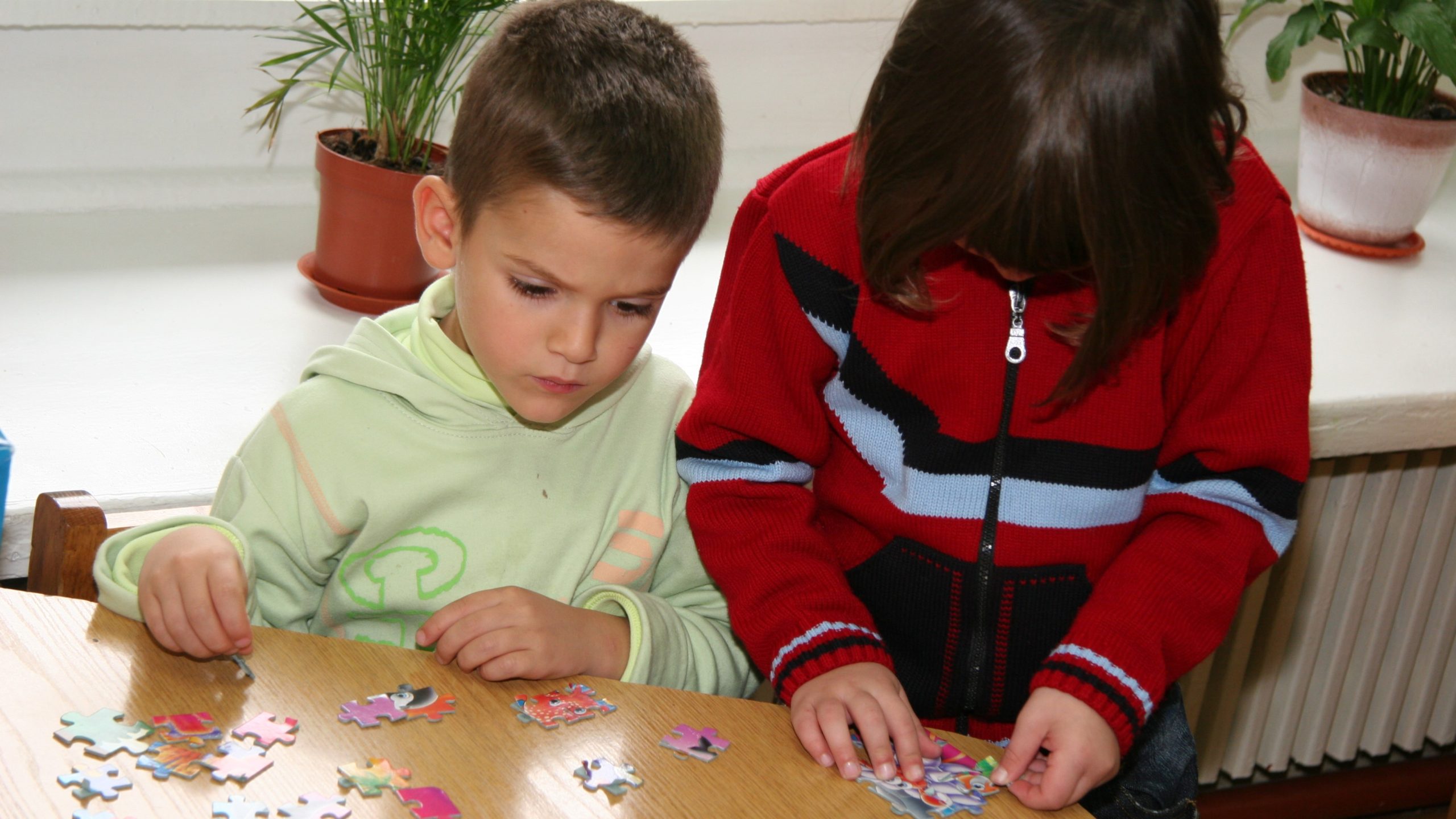Community School Development Project in Moldova (phase VI)

Project duration: April, 2016 – March, 2018
Implementer: Programul Educațional Pas cu Pas/ Step by Step Moldova
Financial support: Charles Stewart Mott Foundation
Other partners: ISSA (International Step by Step Association), Ukranian Step by Step Foundation, ContinYou (UK), Center for Children with Special Needs “Sperantsa” (Moldova), Pestalozzi Foundation
Project objective: empower schools, by developing own new democratic culture open to multiple partnerships and to meaningful learning for people in all age groups, to become catalysts of social changes in their whole community.
As in the previous years, SBSM has capitalized on the synergy of other projects to extend the network of schools and to make the changes promoted in these schools more complex and durable. In 2017 SBSM started working with 12 new rural preschools and schools (through the project titled Schools Ready For Children, with the support of Pestalozzi Foundation) to facilitate the inclusion and participation of vulnerable children, and combined the more specific, targeted interventions of that project with the introduction of the principles underlying the Community School Quality Standards (the latter produced through an international effort with SBSM participation). The focus was on supporting the development of more democratic school/classroom cultures, on more relevant, meaningful teaching-learning practices, both during curricular and extra-curricular hours, particularly through promoting project-based approaches, etc.
During the last project implementation phase, SBSM geared its training, mentoring, capacity building and networking activity towards further network schools’ optimization and modernization based on the principles of Community School, more specifically addressing the following objectives:
- supporting the network schools to become more effective in promoting meaningful, life-long learning, using open educational resources, and to develop positive attitudes towards learning in their students
- helping CSs develop democratic school culture, inclusive of students with different needs
- support CSs in playing the role of change agents in community development and educating the students as active members of their communities and society at large
- help CSS in the network to respond to social and educational needs of various age groups in their communities.
- provide support to CSs in implementing activities/community projects
- ensure experience sharing and peer support in the network of CSs in the country
- broadly promote and advocate for, at all levels, the principles of Community School
- promote international cooperation between CSs and contribute to the strengthening of the international CS movement through participation in international CS QS revision project.
SUMMARY ON THE PROJECT IMPLEMENTATION IMPACT
In reaching the project overall goal through several implementation phases, equipped with the Community School Quality Standards (CS QS) and the corresponding operational tools developed through the international partnership projects supported primarily by Ch.S.Mott Foundation, SBSM managed to advocate for and contribute to comprehensive approaches at different levels of the educational system – policy and institutional levels, and at the level of continuous professional development of teachers and pre-/schools mangers.
In organizing its activities during the project phases, SBSM relied on the experience and lessons learnt from the synergy of implemented projects, which helped:
- build a team of national experts (trainers and mentors) skilled in monitoring quality based on CS QS
- empower over 170 schools from the project network to use this tool for own CS development, in partnership with multiple stakeholders
- develop research skills based on the use of CS QS
- develop own resources and contribute to the development of training manuals and training materials in response to the needs identified through the international research project , which were further used to foster the understanding of quality in the national network of CS.
One of the tangible results of the SBSM advocacy actions and of show-casing the model of Community Schools as a comprehensive institutional transformation model was the turn taken in the Inclusive Education policy in Moldova. The latter initially started from addressing IE in absolute isolation from the child/learner centered approach, and through SBSM efforts Inclusion was recognized as an indicator of a quality, child-learner centered education, connected to such indicators from the CS QS as Social Inclusion, Democratic School Culture, Partnership with Families, Meaningful Learning, etc. Several community schools became hubs of advanced experience sharing in their regions, and the SBSM trainers whose competence was gradually built throughout these years are nationally recognized experts. SBSM participated in the production of a collection of case studies from member countries illustrating and promoting the CS QS internationally and nationally (Moldova case study was focused on the Social Inclusion Standard, illustrating the systemic approach promoted by SBSM towards school transformation, including democratization of classroom practices through SBS child-centered methodology , facilitative leadership, democratic and inclusive school culture, meaningful learning using community resources and responding to community needs, etc